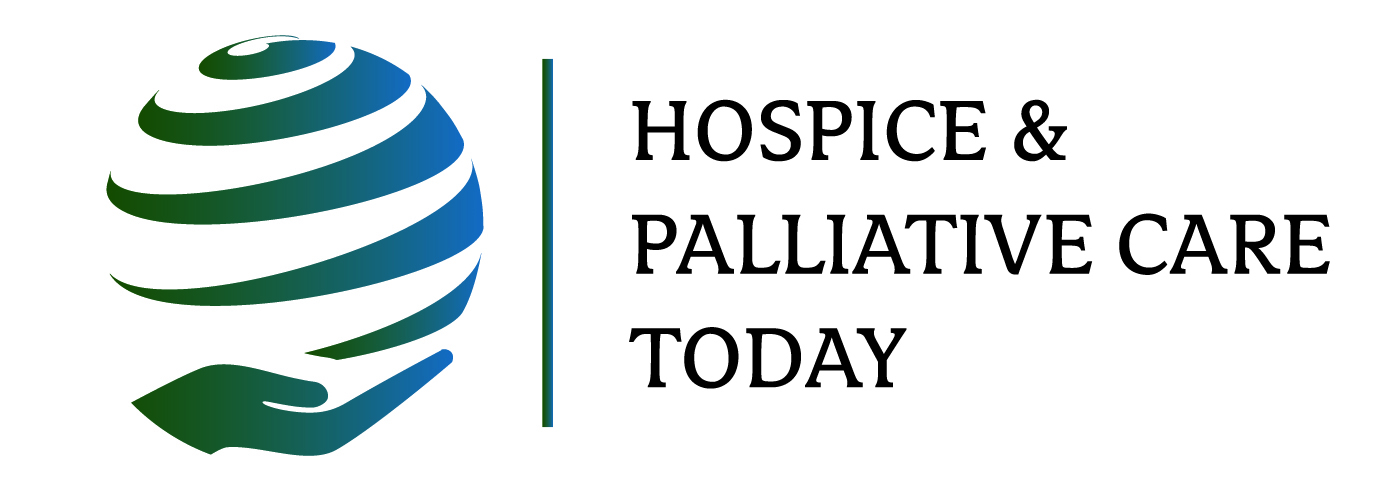Sign up for our free daily newsletters here! Note: subscribers can access our search feature!
Welcome to Hospice & Palliative Care Today, a daily email summarizing numerous topics essential for understanding the current landscape of serious illness and end-of-life care. Teleios Collaborative Network podcasts review Hospice & Palliative Care Today monthly content - click here for these and all TCN Talks podcasts.
2. Visiting nurse organization makes interim leader permanent
3. Hospice programs shutter amid financial strains
4. Reopening of Hospice House stalls after Seasons Hospice exits Steele County
6. Introducing Little Lights Pediatric Hospice
7. When less is more: Addressing polypharmacy in high-risk populations
8. Hospice Savannah launches The GUIDE Model for Dementia Care
12. How AI is redefining the nurse’s day
16. Today's Encouragement: We all have wisdom inside us, but ...
Essentia Health is putting Duluth Hospice patients in jeopardy, healthcare workers speak out
Minnesota Nurses Association; Press Release; 7/1/25
In a move hospice nurses are calling “cruel and unnecessary,” Essentia Health has informed staff that it will suspend patient care at Solvay Hospice House beginning July 8, the same day an open-ended unfair labor practice (ULP) strike is set to begin across Duluth hospitals. The Minnesota Nurses Association has proposed seven bargaining dates in the week before the strike, but Essentia Health has not accepted a single date for Solvay Hospice House or its hospitals and clinics. Solvay healthcare workers say these transfers are not being driven by a shortage of caregivers, but by Essentia’s refusal to engage in good faith bargaining with frontline healthcare workers at Solvay and across Duluth facilities. Caregivers at Solvay have been seeking a fair contract for nearly a year.
Visiting nurse organization makes interim leader permanent
Valley News, White River Junction, VT; by Lukas Dunford; 7/3/25
The board of Visiting Nurse and Hospice for Vermont and New Hampshire has appointed a new chief executive officer. Tammy L. Tarsa, who has served as interim CEO and president of VNH since March, will replace Johanna Beliveau, who served as CEO from 2018 to 2025. Tarsa began at VNH as chief clinical officer in 2022. Since then, she led a financial sustainability plan and improved VNH’s hospice rating to four stars. The rating is based on a family caregiver experience survey, which the Center for Medicare & Medicaid Services, or CMS, uses to assess the experiences of patients and their informal primary caregivers. Tarsa also increased payouts by 310% from the Home Health Value-Based Purchasing Model, a program designed by the CMS to reward quality and efficiency in home health care.
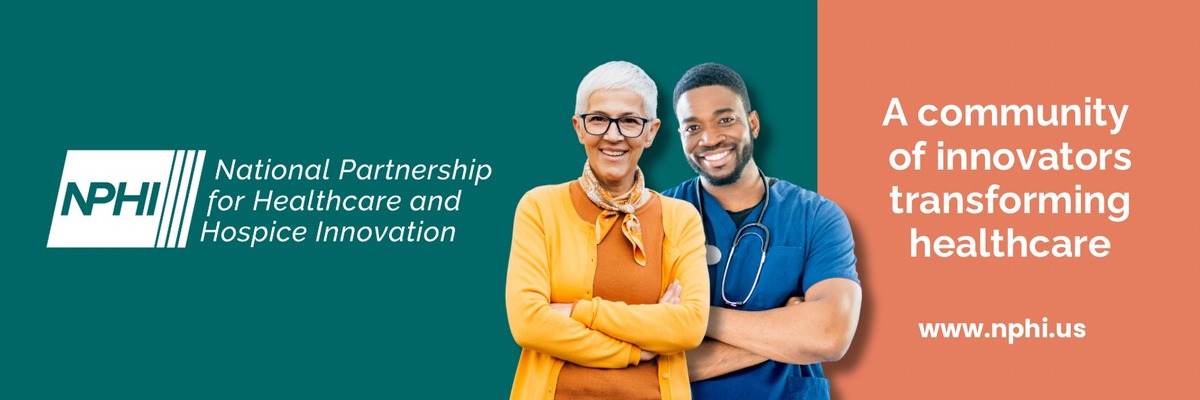 |
Hospice programs shutter amid financial strains
Hospice News; by Holly Vossel; 7/3/25
Financial and staffing headwinds are chipping away at hospices’ sustainability, with some providers recently pausing or closing their programs. Concerns have also mounted amid federal Medicaid cuts.
- Solvay Hospice House Pauses Services ...
- Hospice of the Piedmont Closes Center ...
- Allina Health Stalls Hospice Facility Opening ...
- Wilshire Health Halts Inpatient Hospice Program ...
Reopening of Hospice House stalls after Seasons Hospice exits Steele County
Southernminn, Faribault, MN; by Annie Harman; 7/1/25
What has been a continuing journey of peaks and valleys has come upon yet another roadblock as volunteers with the Homestead Hospice House announce the reopening of the residential hospice facility will be put on hold. The news comes after Seasons Hospice, a nonprofit hospice care organization based out of Rochester, has made the decisions to discontinue their home care and hospice services in Steele County. Seasons had initially partnered with the board of the Homestead Hospice House in August 2024 to work toward reopening the facility, raising $850,000 — $350,000 to reopen the facility and cover startup funds for IT and staff, and an additional $500,000 to secure operating funds for the first year.
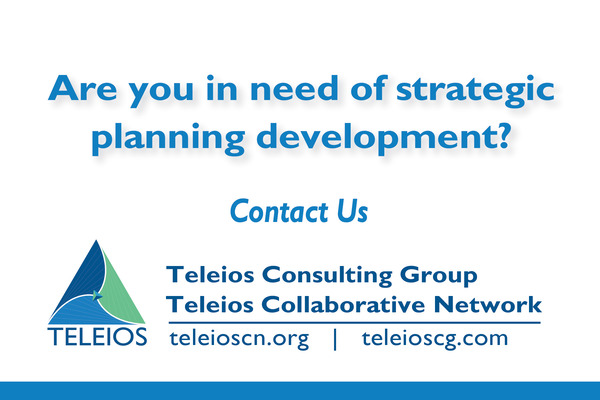 |
A physician’s reflection on love, loss, and finding meaning in grief [podcast]
The Podcast by KevinMD; KevinMD's podcast with hospitalist Jasminka Vukanovic-Crily; 7/1/25
Hospitalist Jasminka Vukanovic-Criley discusses her article, “When grief hits all at once: a morning of heartbreak and love.” Jasminka shares a deeply personal account of a Saturday morning where unexpected news of the passing of two friends, Natasa’s mother Mirjana and her friend Thomas, both from cancer, suddenly immersed her in profound grief. She reflects on the fragility of life and the ripple effect of these losses, which led to a cascade of memories: ...
Introducing Little Lights Pediatric Hospice
Bristol Hospice; Blog; 7/1/25
When a child faces a life-limiting diagnosis, every moment becomes precious—and that’s why Bristol Hospice is shining a new light on pediatric care. On July 1, 2025, we’re proud to launch Little Lights Pediatric Hospice—our first dedicated program designed specifically for young patients and their families, initially available in Hawaii. ... Little Lights Pediatric Hospice is a specialized program under Bristol Hospice dedicated to providing holistic, family-centered care for children with life-limiting conditions.
 |
When less is more: Addressing polypharmacy in high-risk populations
Pharmacy Times; by Andrew E. Esch, MD, MBA and Alain Hipensteele; 7/7/25
As digital health tools and artificial intelligence (AI)–powered clinical decision support systems become increasingly embedded in pharmacy workflows, pharmacists are gaining new opportunities to identify and address the risks of polypharmacy—particularly in high-risk populations such as older adults and those receiving palliative care. At the same time, evolving deprescribing guidelines and ongoing drug shortages have underscored the need for coordinated, patient-centered medication management strategies. In this interview with Pharmacy Times®, Andrew E. Esch, MD, MBA, director of the Palliative Care Program Development at the Center to Advance Palliative Care, discusses how pharmacists are using emerging technologies to streamline medication reviews, reduce therapeutic duplication, and engage caregivers in deprescribing conversations.
Hospice Savannah launches The GUIDE Model for Dementia Care
Savannah Business Journal; by Staff Report; 6/30/25
Hospice Savannah will launch their latest program, Guiding an Improved Dementia Experience (GUIDE), on July 1 through the Steward Center for Palliative Care in partnership with the Edel Caregiver Institute. The GUIDE model offers enhanced services for people living with dementia along with support for their caregivers. Its’ focus is to bring high-quality dementia care for all individuals, including those in underserved communities.GUIDE recognizes the complex challenges families face in caring for a loved one with dementia. This model provides a framework for delivering care with additional resources that were not available until now.
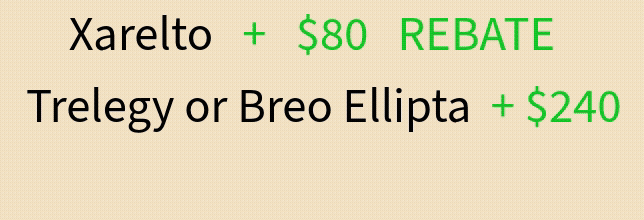 |
20 states sue after the Trump administration releases private Medicaid data to deportation officials
Associated Press (AP), Washington, DC; by Amanda Seitz and Kimberly Kindy; 7/1/25
The Trump administration violated federal privacy laws when it turned over Medicaid data on millions of enrollees to deportation officials last month, California Attorney General Rob Bonta alleged on Tuesday, saying he and 19 other states’ attorneys general have sued over the move. Health secretary Robert F. Kennedy Jr.’s advisers ordered the release of a dataset that includes the private health information of people living in California, Illinois, Washington state, and Washington, D.C., to the Department of Homeland Security, The Associated Press first reported last month. All of those states allow non-U.S. citizens to enroll in Medicaid programs that pay for their expenses using only state taxpayer dollars.
Creach Family Holdings acquires Freudenthal Home-Based Healthcare to expand in-home care services
Associated Press, Overland Park, MO; Press Release; 7/2/25
Creach Family Holdings, LLC (CFH), a privately held investment firm focused on healthcare technology and tech-enabled services, today announced the acquisition of Freudenthal Home-Based Healthcare, a leading provider of in- home health services based in St. Joseph, Missouri. ... Freudenthal Home-Based Healthcare will continue to operate under its existing name and will become part of CFH’s growing Home Health and Hospice group which includes Faith Home Health and Hospice, with headquarters in Overland Park, KS.
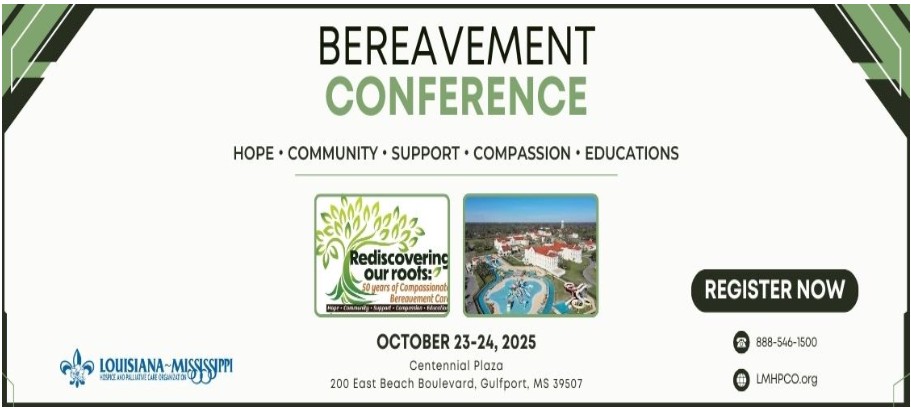 |
Reimagining hospice in an AI world: In a digital age, how should technology & humanity coexist?
HomeCare; by Michelle Cone; 6/3/25
Technology is transforming home-based care, but not at the expense of the human touch. As the industry embraces tools like telehealth, remote monitoring and artificial intelligence (AI)-powered care planning, the goal isn’t to replace caregivers but to support them. These innovations boost efficiency and communication, but the heart of hospice—real connection, empathy and human presence—still drives care during what is often a deeply emotional time for families.
- The Rise of Home-Based Hospice Care ...
- Innovations Deepening Compassionate Hospice Care ...
- Keeping Humanity at the Center ...
- When Technology Reaches Its Limit ...
- Finding a Balance is Key ...
- Looking Toward the Future of Hospice Care ...
How AI is redefining the nurse’s day
Becker's Health IT; by Naomi Diaz; 7/3/25
As generative AI continues to make its way into healthcare, chief nursing informatics officers say the technology’s influence is expanding beyond documentation and reshaping the way nurses work. [Examples described include the following:]
- AI can help with tasks that often cause delays or create mental strain for nursing staff.
- Shift change reports ... to create patient-specific summaries and hand-off communication, the most important details will be teed up for the nurse in one location
- [Monitor] risks like falls and infections ...
- Automating workflows using knowledge worker tools, predictive staffing models and automated staff assignments based on nursing skill ...
- Adaptive and more personalized scheduling, better aligned to trends in case load and census ...
- Providing insights and actions for nurse leaders to support their teams in ways that make a difference ...
 |
What might the past suggest about rural emergency services amidst critical access hospitals’ decline?
AMA Journal of Ethics, American Medical Association; by Siân Lewis-Bevan, MD, MPH, EMT-B and Stephen Powell, MD; July 2025
Critical access and other rural hospitals have struggled to remain open, which exacerbates inequity in rural residents’ access to routine and emergency health services and strains already-taxed rural emergency medical services (EMS). This article discusses the recent history of rural hospital closures and their effects on rural emergency care. This article also suggests modifications to EMS policy and practice that could improve rural community members’ access to health services and bolster EMS services in rural areas.
5 ways to have a ‘good death’ — including one of the biggest mistakes people make
New York Post; by Reda Wigle; 7/3/25
No one gets out of life alive — but one expert says we can take steps to make sure we leave the earthly plane riding the high of a “good death.” “While 80% of people want to die at home surrounded by loved ones, only 30% actually do,” End Well founder Dr. Shoshana Ungerleider told The Post. “This massive gap reflects our system’s inability to honor what patients actually value.” As our cultural relationship to mortality has changed, Ungerleider notes that we have become disconnected from the process of death and, in turn, fail to plan appropriately for it. But if you’re not sure where to start, she has a helpful checklist of everything you should be doing to avoid a “bad death.”
- Define what matters most to you — and talk about it ...
- Ask about palliative care early ...
- Define what comfort means to you. ...
- Get clear on your wishes — and put them in writing ...
- Ask hard questions ...
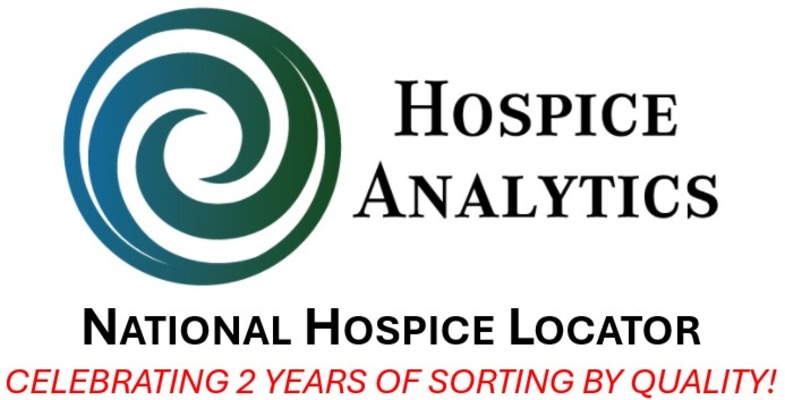 |
The Fine Print:
Paywalls: Some links may take readers to articles that either require registration or are behind a paywall. Disclaimer: Hospice & Palliative Care Today provides brief summaries of news stories of interest to hospice, palliative, and end-of-life care professionals (typically taken directly from the source article). Hospice & Palliative Care Today is not responsible or liable for the validity or reliability of information in these articles and directs the reader to authors of the source articles for questions or comments. Additionally, Dr. Cordt Kassner, Publisher, and Dr. Joy Berger, Editor in Chief, welcome your feedback regarding content of Hospice & Palliative Care Today. Unsubscribe: Hospice & Palliative Care Today is a free subscription email. If you believe you have received this email in error, or if you no longer wish to receive Hospice & Palliative Care Today, please unsubscribe here or reply to this email with the message “Unsubscribe”. Thank you.

